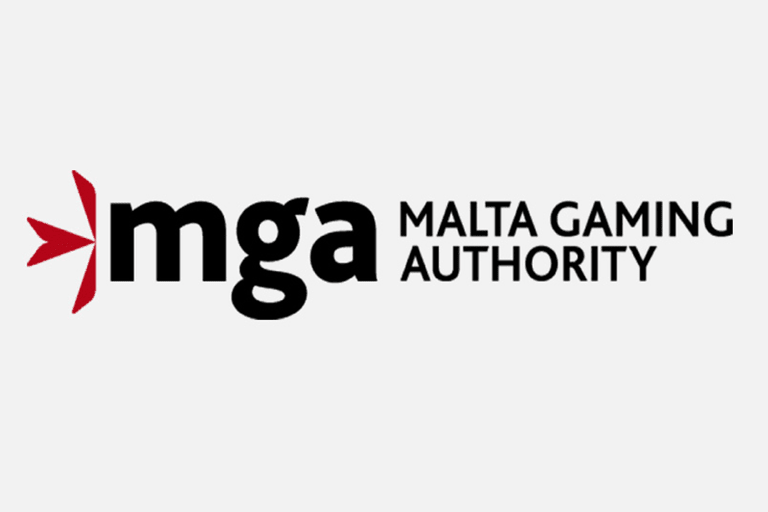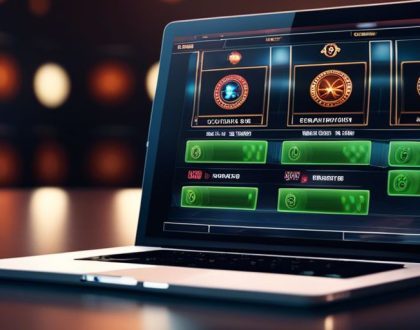MGA Game Provider Notification Process 2024

The regulatory landscape of the online gaming industry is continuously evolving to adapt to technological advancements and ensure robust consumer protection. The Malta Gaming Authority (MGA), as a leading regulatory body in the sector, regularly updates its policies to maintain transparency, integrity, and fairness within Malta’s jurisdiction. In line with this commitment, the MGA has introduced significant changes to the notification process for new game providers, effective from 1st August 2024. This comprehensive guide explores these updates in detail, outlining the requirements, implications for licensees, and the broader impact on the gaming industry.
Evolution of Regulatory Frameworks
Malta has long been recognized as a hub for online gaming, boasting a regulatory framework that balances innovation with stringent compliance measures. The MGA’s updates to the game provider notification process represent a proactive approach to adapting to industry dynamics while upholding regulatory standards. These updates are designed not only to streamline administrative procedures but also to enhance regulatory oversight and maintain Malta’s reputation as a trustworthy gaming jurisdiction.
Notification Process: Key Changes and Requirements
Under the revised guidelines, the process of notifying the MGA about new game providers has been refined to ensure clarity and efficiency. Central to these changes is the requirement for licensees to submit notifications through the Licensee Portal using the ‘Technical – Change in Game Type/Provider’ application. This centralized approach simplifies the submission process and enables the MGA to efficiently process notifications.
Documentation Requirements
To complete the notification process, licensees must provide several key documents and pieces of information:
Key Technical Setup and Essential Components Documentation: This documentation must be updated to reflect the integration of new game providers. It should outline the technical specifications and essential components of the gaming system affected by the integration.
Specifications of the Gaming System Documentation: Detailed specifications related to the new games being offered must be included. This ensures that the MGA has comprehensive information about the gaming products being introduced to the market.
Declaration by a Key Person or Director: A formal declaration is required, signed by a Key Person or Director of the licensee entity. This declaration should include:
- The formal name of the Game Provider and their Authorization Number.
- Description of the services offered, including game types and verticals.
- Details about any jackpots offered, including policies if applicable.
- Confirmation that all relevant documentation has been updated, such as the Business Risk Assessment where applicable.
Managing Multiple Provider Integrations
For licensees integrating with multiple game providers simultaneously, additional requirements apply. Each game provider requires a separate declaration, which must be submitted alongside the initial application. This ensures that the MGA can assess the impact of each integration individually and tailor its regulatory oversight accordingly.
Consequences of Incomplete Applications
It is crucial for licensees to ensure that all required information is included in their notification applications. Failure to provide complete documentation will result in the application being marked as ‘Incomplete’. In such cases, the MGA will allow a one-time opportunity for submission within sixty (60) days. If the application remains incomplete beyond this period, it will be automatically closed, and the new game provider(s) will not be processed until a complete application is resubmitted.
Compliance and Risk Management
Compliance with regulatory requirements goes beyond the initial notification process. Licensees are required to maintain ongoing compliance with the MGA’s standards, including updating their Business Risk Assessment whenever new game providers are integrated. This assessment helps licensees identify and mitigate risks associated with the introduction of new gaming products, ensuring a safe and secure gaming environment for consumers.
Legal and Contractual Considerations
While the submission of provider agreements is not mandatory at the time of notification, licensees must be prepared to furnish these agreements upon request by the MGA. This requirement underscores the importance of maintaining comprehensive records that demonstrate compliance with contractual obligations and regulatory standards.
Stakeholder Engagement and Feedback Mechanisms
The MGA values stakeholder input and actively seeks feedback on its regulatory updates. By engaging with licensees, industry associations, and other stakeholders, the authority ensures that its policies remain relevant and effective. Stakeholder feedback plays a crucial role in shaping future regulatory frameworks, promoting collaboration and transparency within the gaming industry.
International Standards and Best Practices
The evolution of the MGA’s notification process aligns with international best practices and standards in regulatory oversight. Malta’s commitment to upholding these standards reinforces its position as a preferred jurisdiction for online gaming operators seeking regulatory certainty and credibility.
Continuous Improvement and Future Outlook
Looking ahead, the MGA remains committed to continuous improvement in its regulatory frameworks. As technology and market dynamics evolve, regulatory updates will continue to adapt to meet new challenges and opportunities in the gaming sector. Licensees can expect ongoing support and guidance from the MGA as they navigate these changes and contribute to a thriving and responsible gaming environment.
Conclusion
The updated notification process for new game providers by the Malta Gaming Authority represents a significant milestone in enhancing regulatory efficiency and transparency. By implementing clear guidelines and requirements, the MGA empowers licensees to fulfill their regulatory obligations effectively while fostering innovation and competition in the gaming industry. As these updates take effect from August 2024, licensees are encouraged to familiarize themselves with the new requirements and proactively align their operations to ensure compliance and operational continuity.
FAQs
What is the deadline for complying with the new notification process?
The updated notification process for new game providers by the Malta Gaming Authority (MGA) is effective from 1st August 2024. Licensees are expected to comply with the new requirements starting from this date.
What documentation is required when notifying new game providers?
Licensees must submit updated Key Technical Setup and Essential Components documentation, Specifications of the Gaming System documentation related to the new games, and a Declaration signed by a Key Person or Director covering specific details about the new game provider.
Are licensee agreements with game providers mandatory during the notification process?
No, licensee agreements are not mandatory at the time of notification. However, the MGA reserves the right to request these agreements if deemed necessary during their review process.
How does the MGA define ‘Essential Components’ in the updated requirements?
Essential Components refer to the integral parts of the gaming system that are impacted by the integration of new game providers. This includes technical configurations and components that support the functionality of the games offered.
Can a single declaration cover multiple game providers?
No, each game provider requires a separate Declaration submitted with the application. This ensures that the MGA can assess the specific details and implications of each integration separately.
What happens if an application for a new game provider is marked as ‘Incomplete’?
If an application is marked as ‘Incomplete’, the MGA provides a one-time opportunity for the licensee to submit the missing information within sixty (60) days. If not completed within this period, the application will be automatically closed.
Is there a grace period for submitting missing documentation after an application is marked as ‘Incomplete’?
The MGA allows a sixty (60) day period for licensees to complete an ‘Incomplete’ application. After this period, the application will be closed, and the processing of new game providers will be halted until a complete application is resubmitted.
How often must licensees update their Business Risk Assessment?
Licensees must update their Business Risk Assessment whenever new game providers are added, based on risk exposure. This ensures that any additional risks introduced by new gaming services are identified and mitigated effectively.
What role does stakeholder feedback play in shaping MGA’s regulatory updates?
Stakeholder feedback is crucial in shaping MGA’s regulatory updates as it provides insights into industry challenges, operational impacts, and suggestions for improving regulatory frameworks. The MGA values stakeholder input to ensure its policies remain effective and responsive.
How does the MGA ensure compliance with international gaming standards?
The MGA aligns its regulatory practices with international gaming standards and best practices. By adopting rigorous oversight and compliance measures, the authority ensures that Malta maintains its reputation as a leading jurisdiction for online gaming, meeting global expectations for regulatory integrity and consumer protection.
Esther
I am a professional writer with 8 years of experience in this field and I can provide you with the best-written content you can find. Education B.A. - English, George Washington University, United States, Graduated 2011.
Recommended Posts

Inside the Realm of iGaming
July 5, 2024

Crypto Casinos: Bitcoin Impact on Online Gambling
July 5, 2024

iGaming: Exploring Europe’s Best Platforms
July 5, 2024




